The anti-lectin movement, headed by Dr. Stephen Gundry, author of ‘The Plant Paradox’, claims that they are the BIGGEST dietary danger to our health.
In this video, I’m going to explore the science behind these anti-nutrients and find out if they're really worth worrying about.
Transcript: The Lectin Fallacy
- Corn
- Tomatoes
- Potatoes
- Beans and legumes, particularly soy
- Nuts, especially cashews and peanuts
- Zucchini
- Bell peppers
- Eggplant
- Pickles
Can you guess what these foods all have in common?
Lectins.
There is a whole anti-lectin movement, headed by Stephen Gundry and his book, “The Plant Paradox” which claim that lectins are the biggest dietary danger to our health.
We are told to remove lectins from our diets, and avoid foods such as potatoes and tomatoes, which are high in them.
But what does the science say? Should we remove foods high in lectins from our diet?
The big fat answer is NO. But let’s find out why.
Lectins are defined as proteins that bind to carbohydrates. They are found in all plants, but raw legumes such as beans, lentils, peas, soybeans and peanuts and whole grains such as wheat contain the highest amounts of lectins.
When ingested, lectins in their active state can cause negative side effects. Raw kidney beans, for example, contain a lectin called phytohaemagglutinin, which causes red blood cells to clump together. They can also produce side effects such as nausea, vomiting, stomach upset, bloating, gas, and diarrhea. Eating just four or five raw beans can trigger symptoms. And, in high doses, phytohaemagglutinin can actually be toxic.
Animal studies have also found that active lectins can interfere with the absorption of minerals, especially calcium, iron, phosphorus, and zinc. Foods high in these minerals are often high in lectins too, which may prevent absorption of these minerals in the body.
There have also been a few studies conducted implicating lectins with inflammation. A 2017 study, for example, found that lectins may activate something called the NLRP3, which promotes inflammatory disorders. Some studies have also suggested lectins may trigger autoimmune inflammatory responses, however the research is far from conclusive.
But before you go and throw away all your legumes, keep watching.
In fact, most of the research that has been done on lectins involve animal studies. The evidence mostly consists of feeding rats large amounts of isolated lectins or raw kidney bean powder.
There is very limited research in humans on the amount of active lectins consumed in the diet and their long-term effects. When lectins have actually been put to the test in human trials using cooked beans, the alleged harmful effects are non-existent.
Now, while lectins may be problematic for a few people out there, the foods that are high in lectins are, for the most part, beneficial. Their advantages far outweigh any disadvantages and avoiding these foods means you would be removing from your diet some of the healthiest foods on the planet.
- Lectins may prevent weight loss and protect against diabetes
- Lectins may help treat cancers
- Foods high in lectins are also rich in disease-preventing nutrients and avoiding foods that contain lectins could thus lead to significant nutritional deficiencies
- Lectins may strengthen the gut barrier
So, should everyone consume lectins?
Despite their potential benefits, there may be some people who should avoid or reduce their intake of lectins. These people include:
- Those with allergies to lectin-containing foods
- Those with a digestive sensitivity, such as IBS (irritable bowel syndrome) or IBD (inflammatory bowel disease)
- Those possibly with autoimmune disorders (again more research is warranted in this area)
Now, while there is a small grain (pardon the pun) of truth in all diet trends, they are generally extrapolated and taken to the nth degree.
For most of us, the health benefits of consuming these foods far outweigh the potential harm of lectins in these foods.
And what’s more, there are other things you can do to practically reduce lectins in your food rather than simply avoiding foods high in them.
In fact, most lectins are completely neutralized by cooking especially using high heat methods such as boiling or stewing. Even Dr Steven Gundry admits that when beans are pressure-cooked (like all canned beans are), they’re safe to consume. You’ll only cross into problem territory if you eat a handful of raw kidney beans a day! And I can bet your bottom dollar that you’ve never done that before!
You can also soak and sprout your grains and beans before using them, and mechanically remove the outer hull of beans and wheat grains that contain the most lectins.
For most people, most of the time, the truth remains that consuming a diet based around whole plant-based foods, including those containing lectins, is the best way to fight disease and promote optimal health.
And that brings us to the end of this video on lectins. Hopefully that has cleared up some of your questions on lectins. Please like and subscribe and share with us in the comments if you have learnt something new in today’s video. And if you would like to learn more about how to succeed on a mostly plant-based diet, check out our video here.





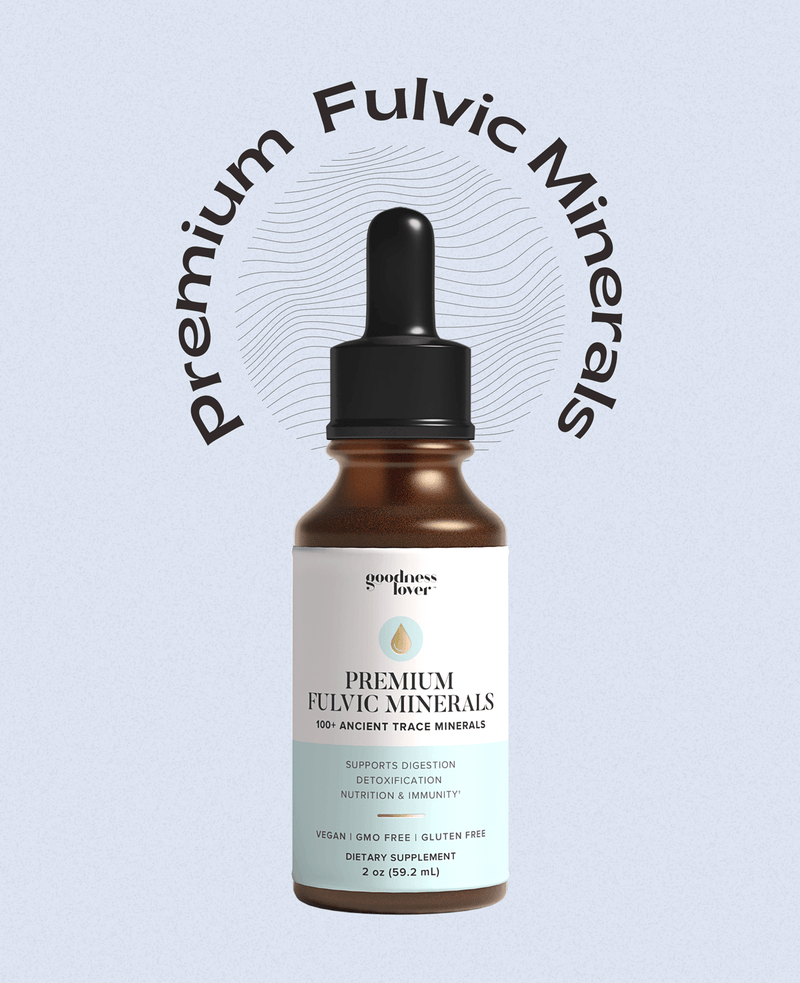

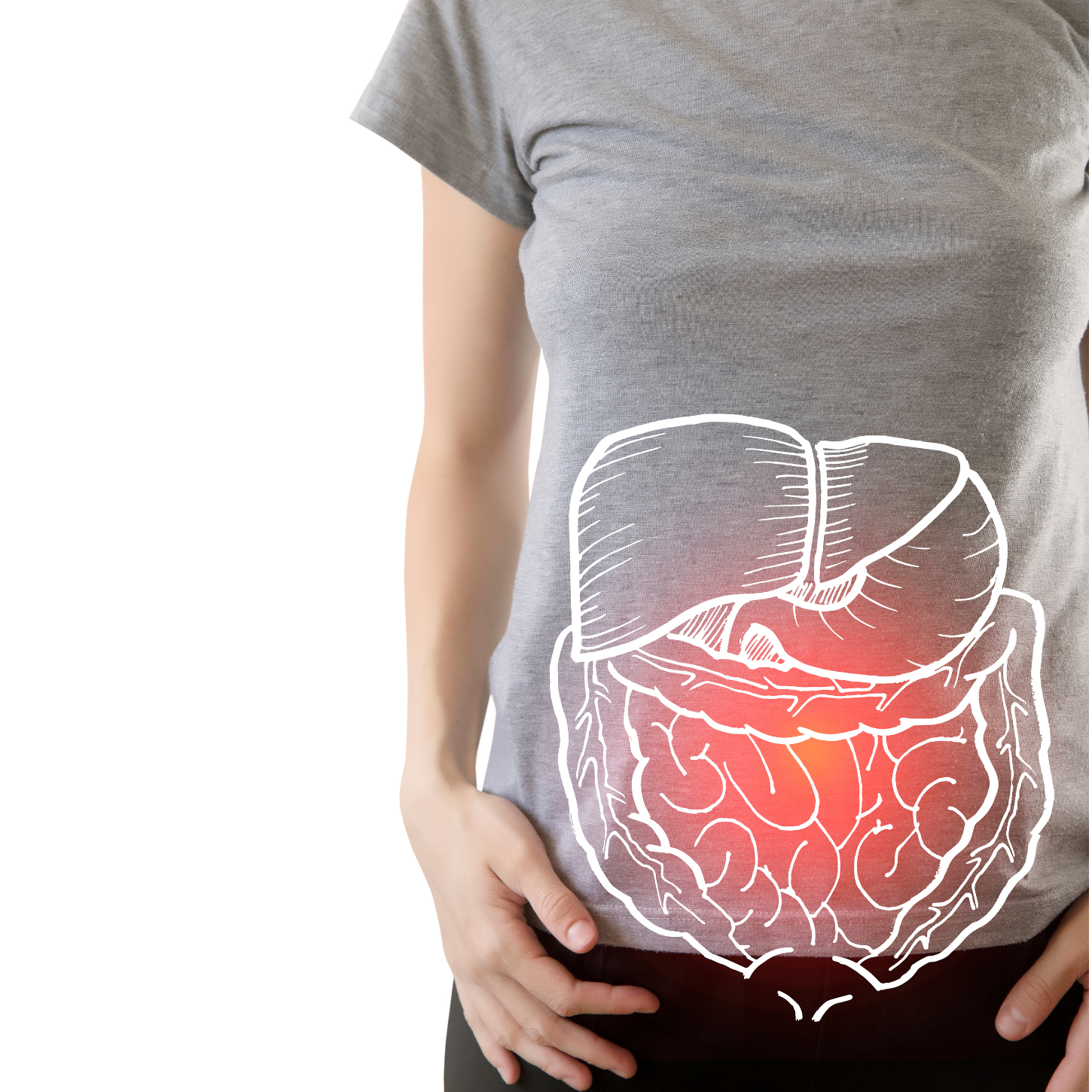
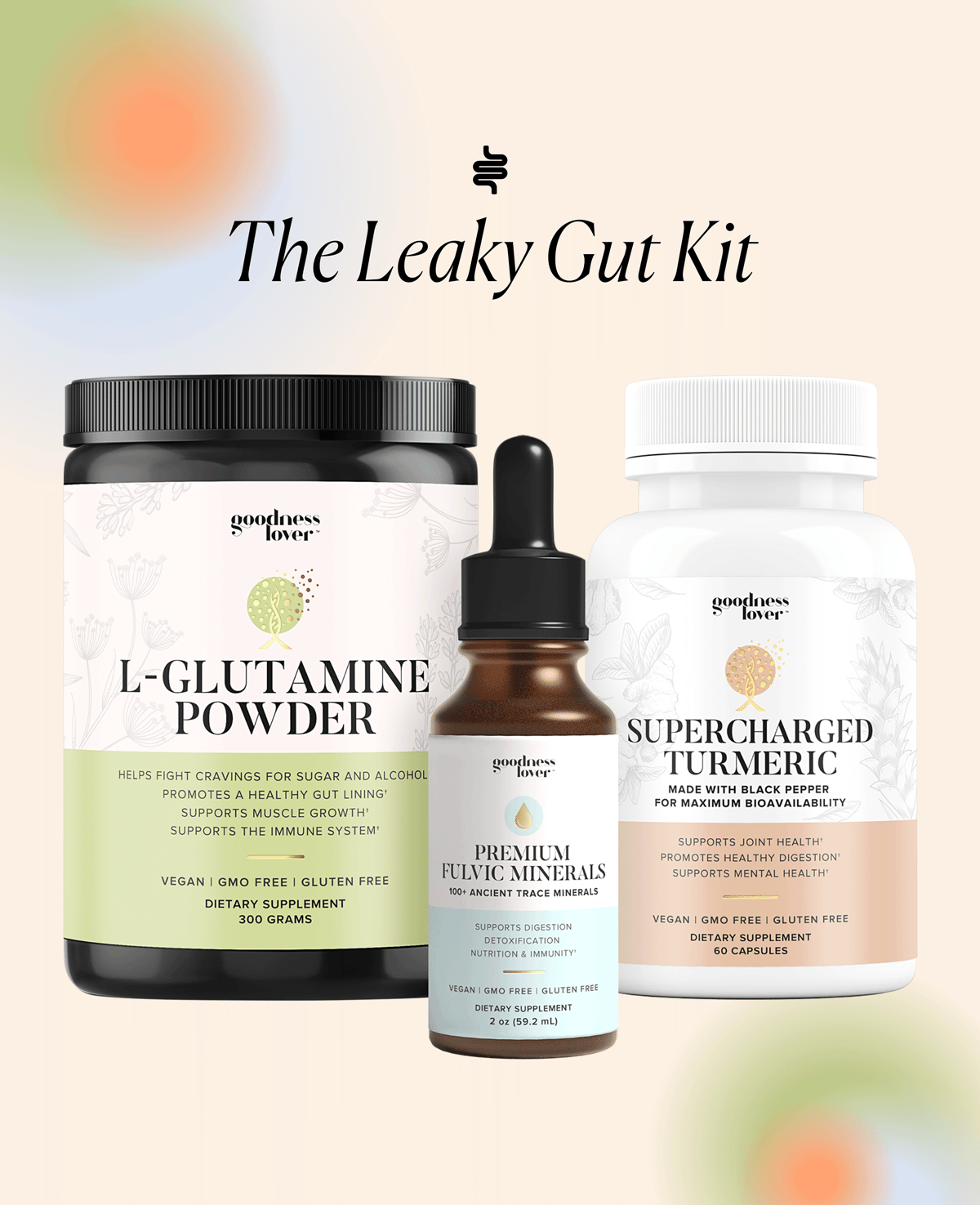
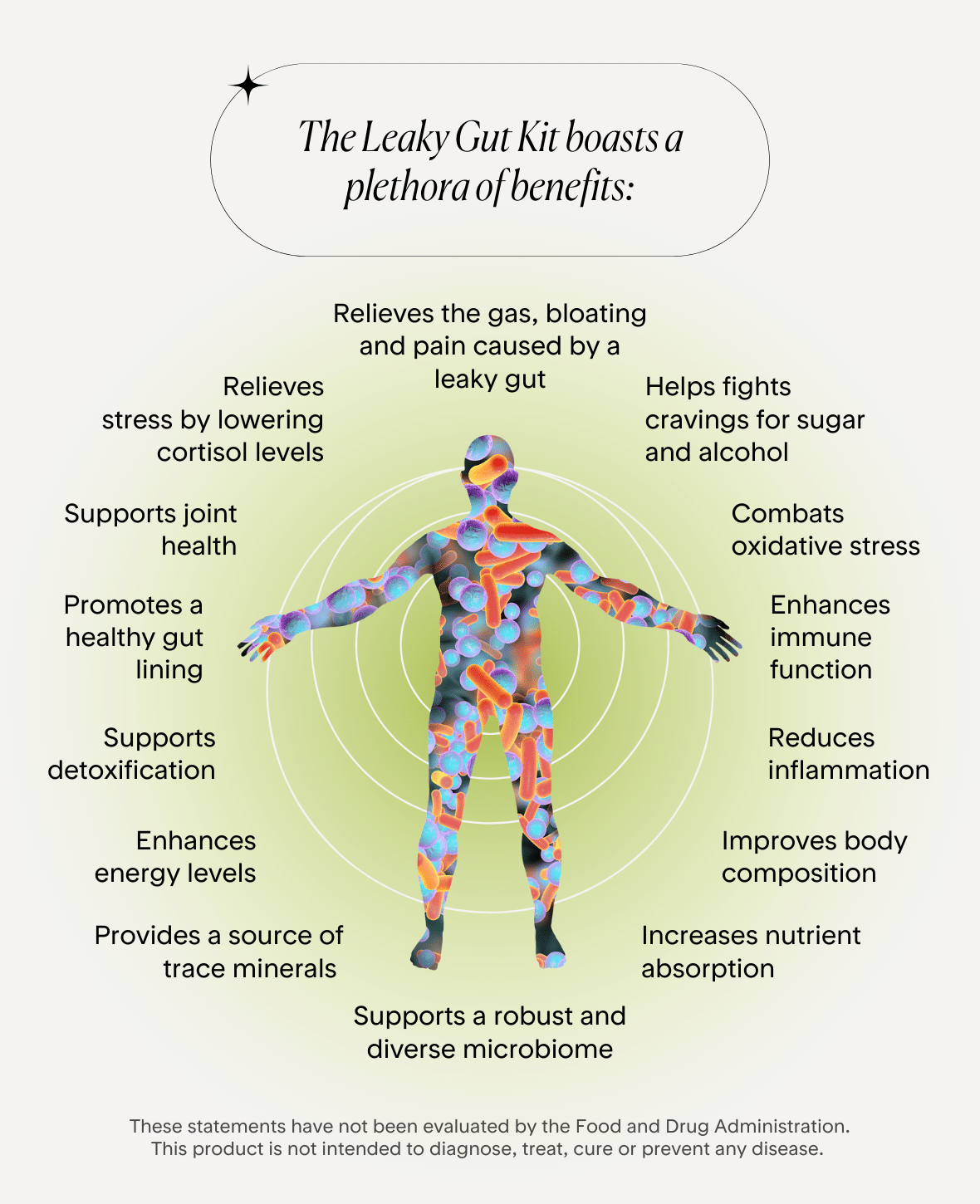
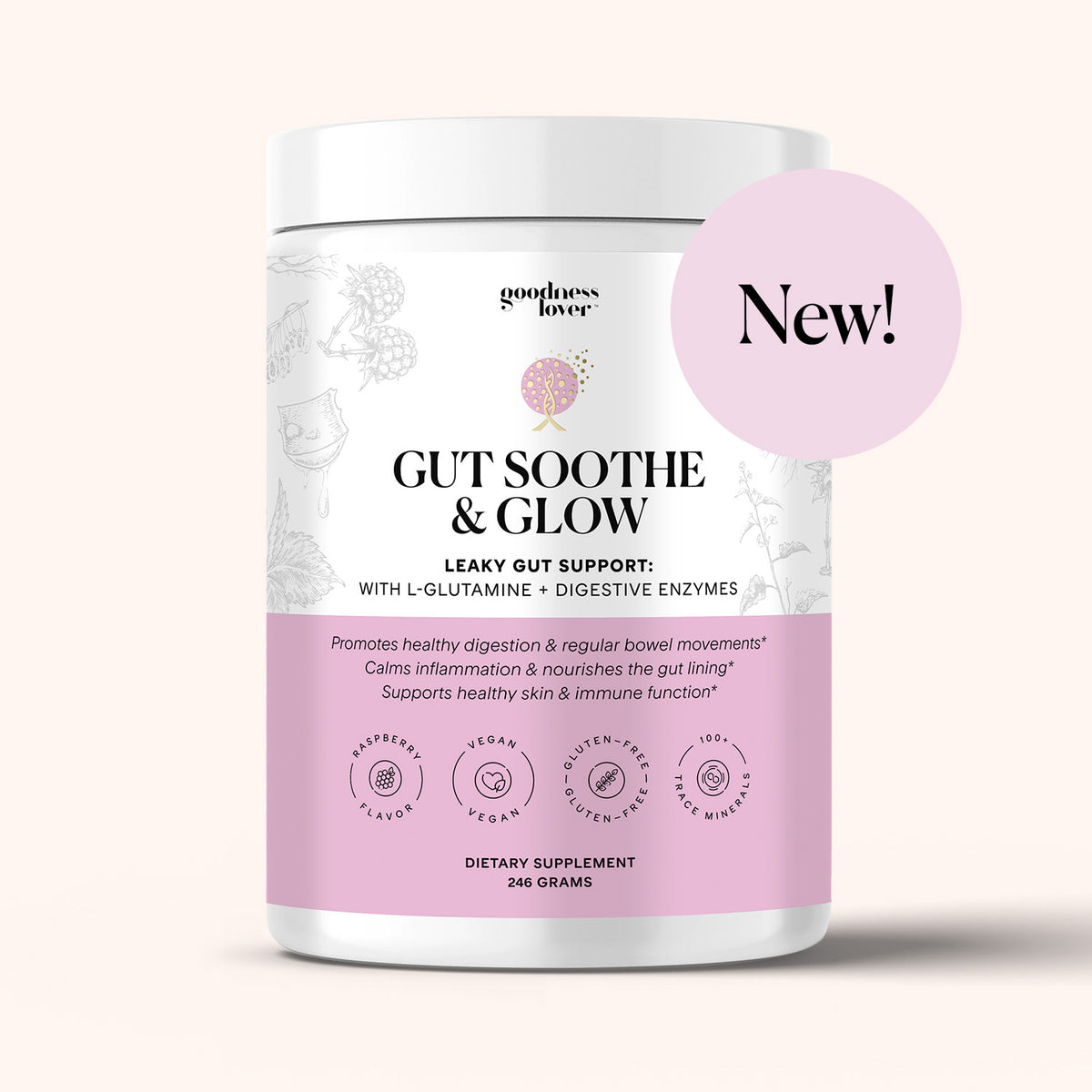
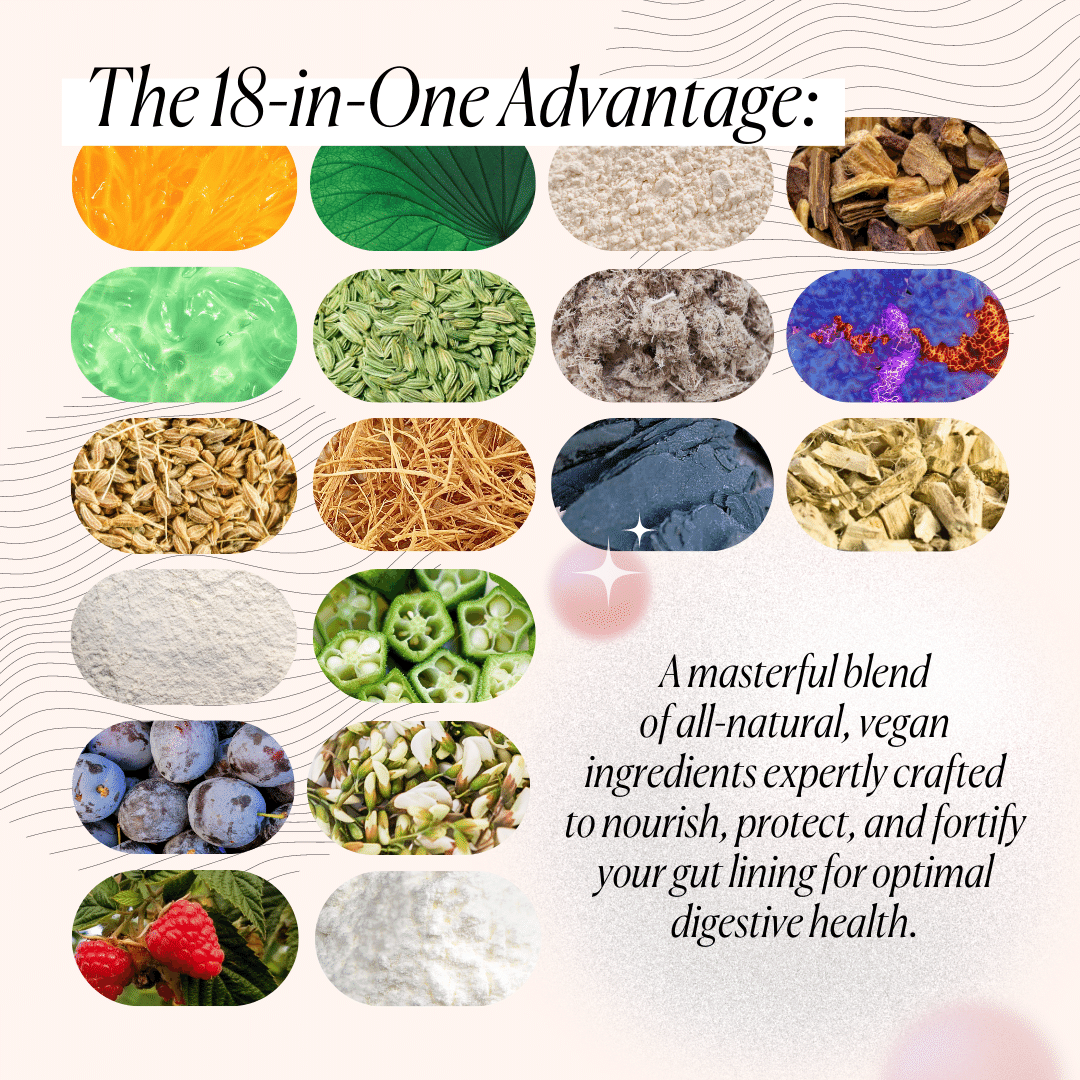





What Do You Think? Comment Below: